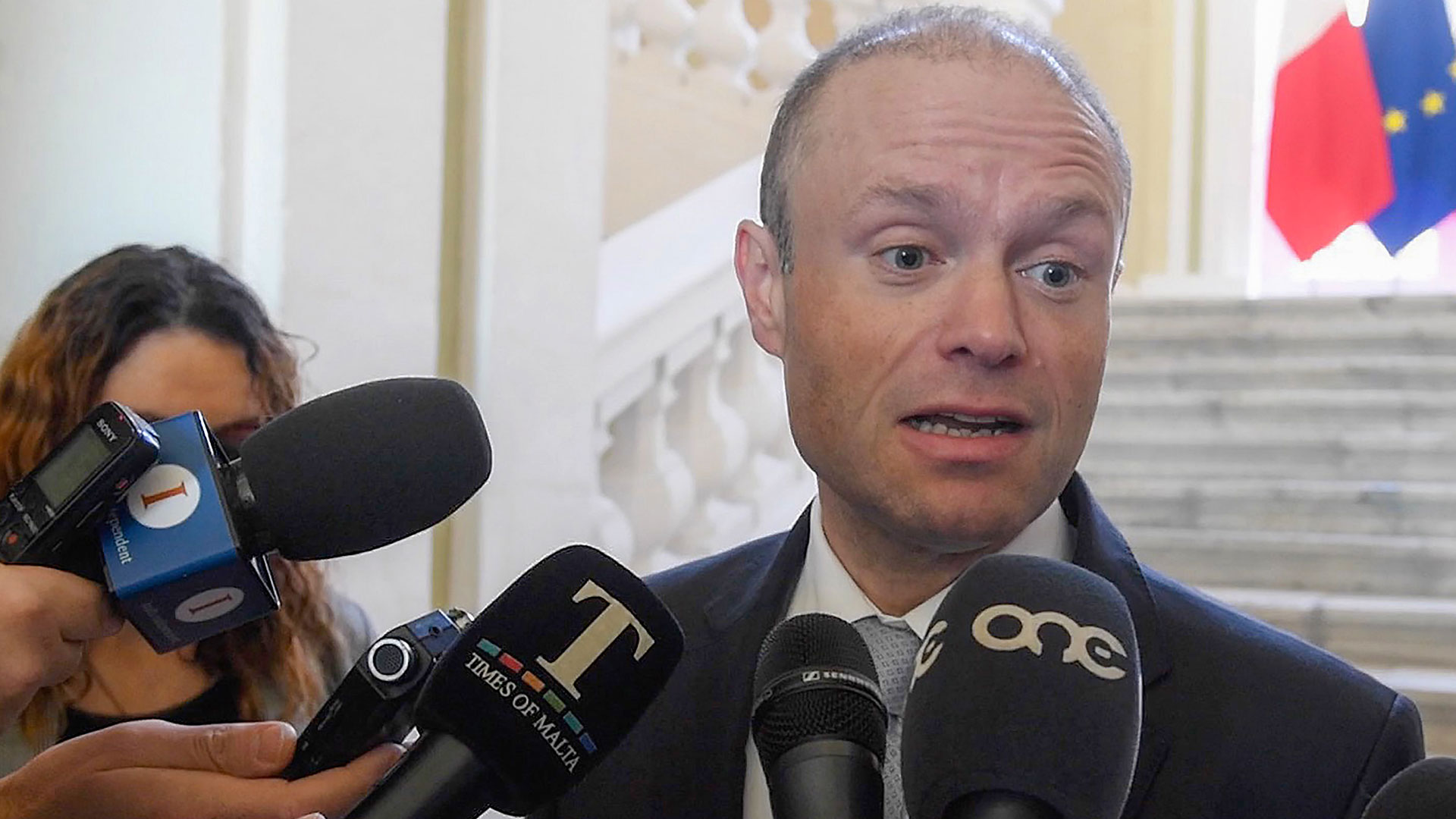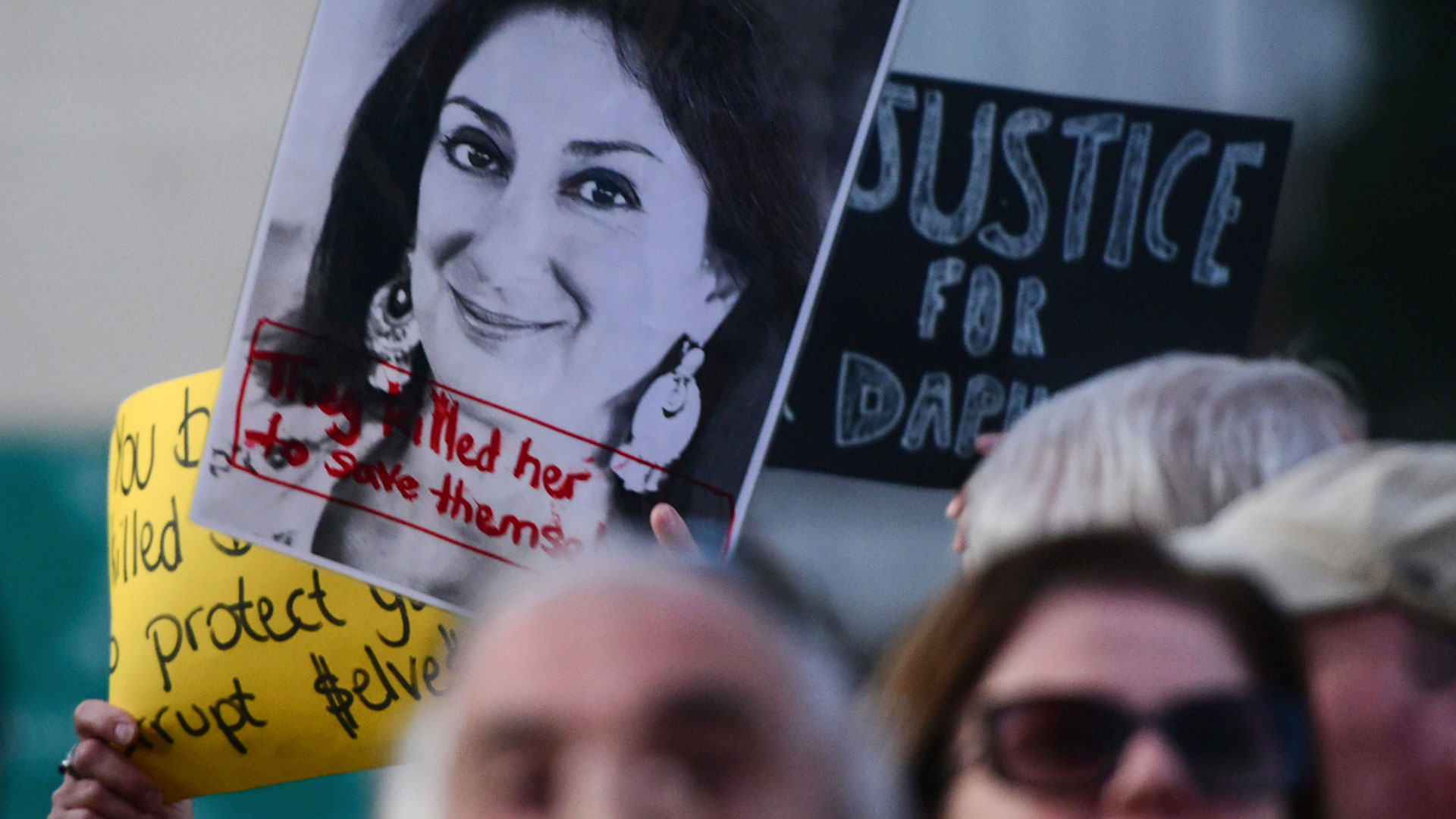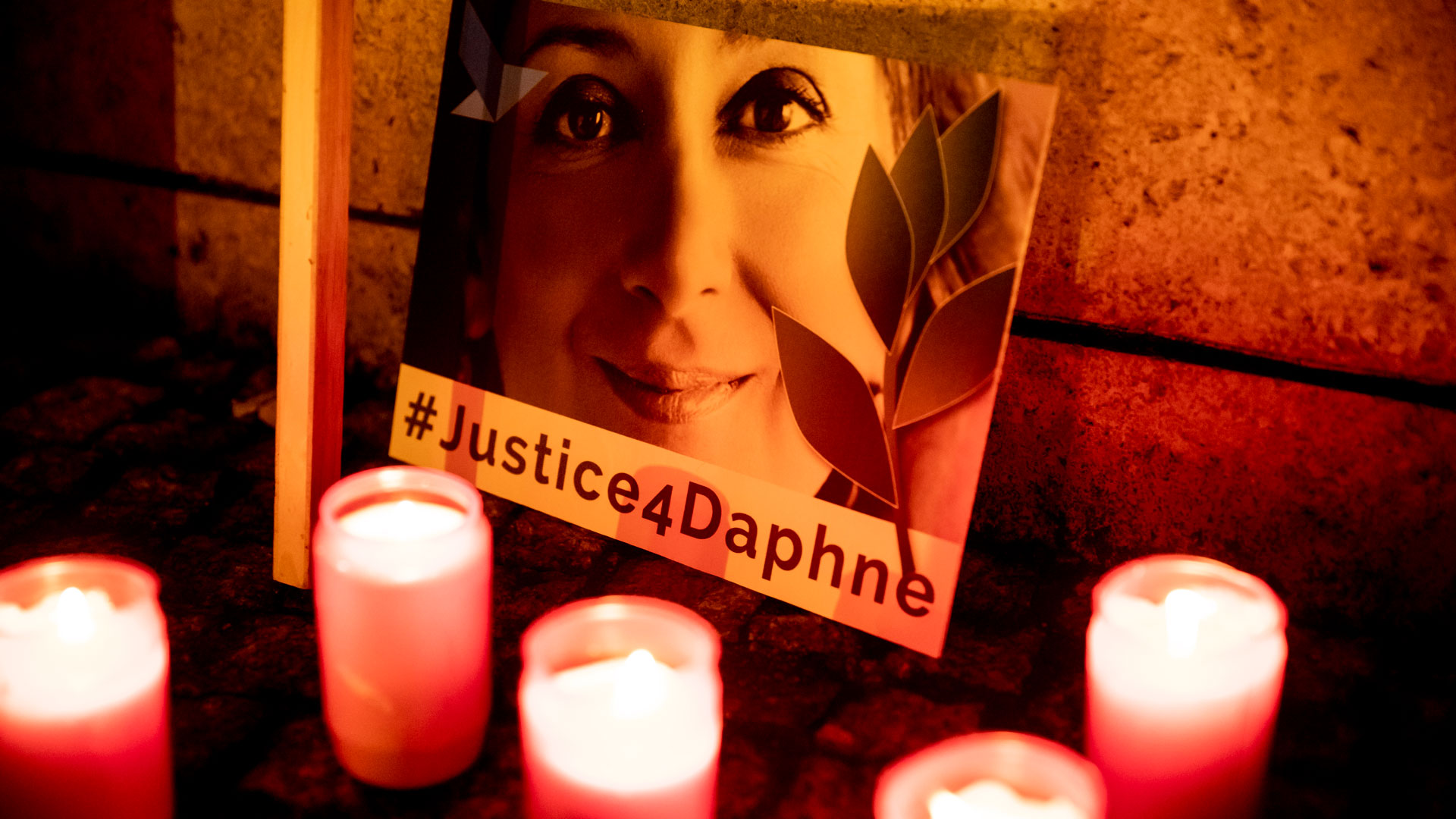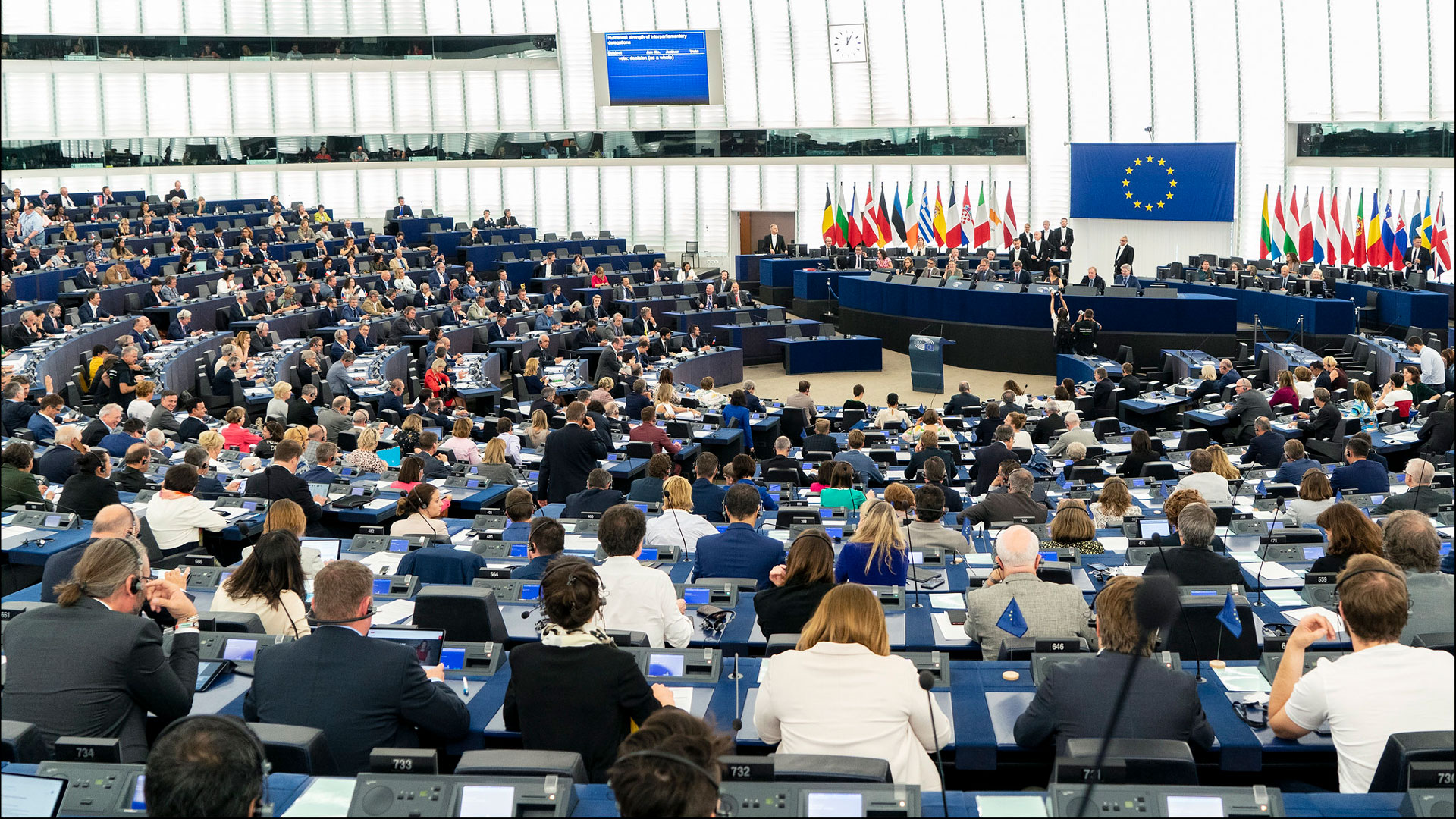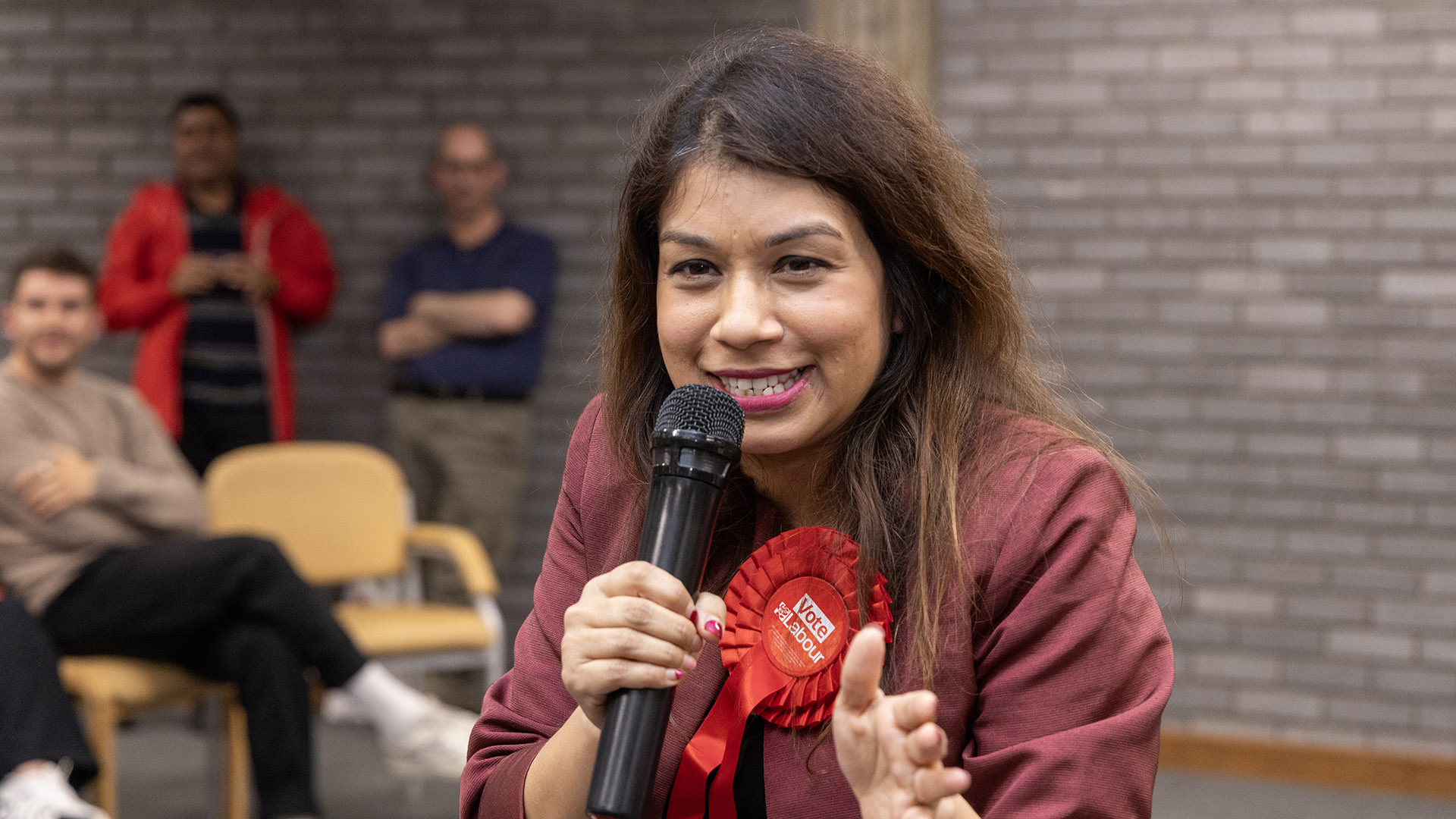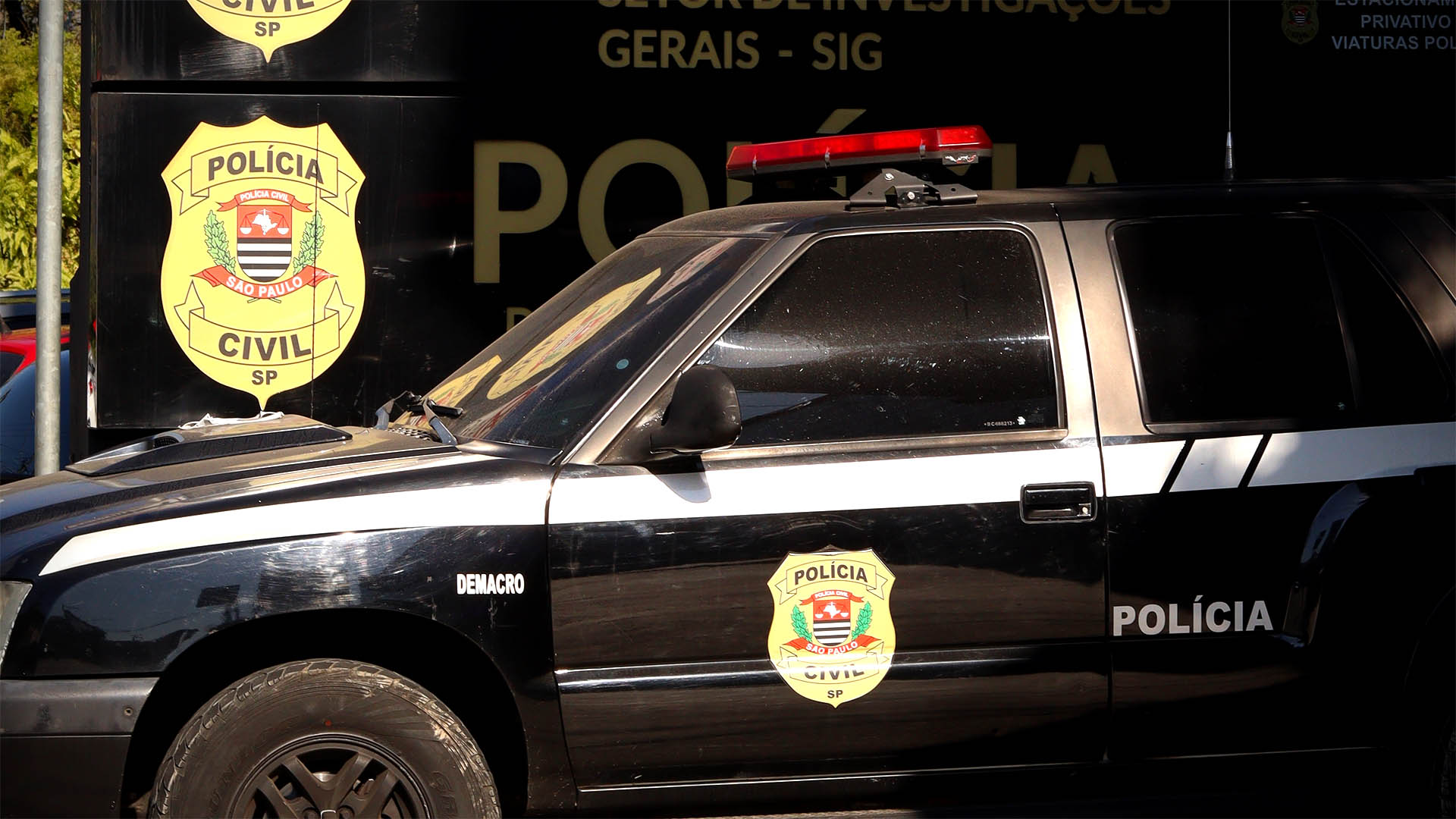The embattled Maltese prime minister has confirmed that he will resign from his post in January as the scandal over the murder of journalist Daphne Caruana Galizia continues to envelop his government.
Joseph Muscat made the announcement during a televised address on Sunday evening, telling his country that he would begin the process for finding a new leader on January 12, then step down in “the days after,” according to The Times of Malta.
The announcement followed days of speculation over his leadership amid a turbulent week for the country, which included significant advances in the police investigation into Caruana Galizia’s death as well as a number of high-level government resignations.
Caruana Galizia was killed by a car bomb outside her home in October 2017, following years of dogged reporting on high-level corruption in the tiny Mediterranean island. Her body of work included stories on the International Consortium of Investigative Journalists’ Panama Papers investigation in 2016.
Three men were arrested and charged with planting and detonating the car bomb that killed her, however there has been an ongoing police probe to uncover the identity of those who ordered the killing.
In recent weeks, suspected middleman Melvin Theuma was given immunity in exchange for information on the murder. Last week, police arrested businessman Yorgen Fenech aboard his yacht. On Saturday, Fenech was charged with complicity in Caruana Galizia’s murder. He entered a not guilty plea, but did not request bail.
The government has also been rocked by resignations linked to the investigation. Earlier in the week, the prime minister’s chief of staff Keith Schembri resigned and was questioned by police over allegations he was linked to the plot. He has since been released.
Tourism Minister Konrad Mizzi also resigned, and Economy Minister Chris Cardona suspended himself pending the outcome of the police investigation. Cardona has since been reinstated.
Up until Friday, Muscat himself had resisted pressure to step aside, despite the turmoil within his government and the ongoing protests in Malta’s capital Valetta.
Speaking on Friday at a 3 a.m. press conference following a marathon cabinet meeting, Muscat told reporters that the government decided against a pardon for Fenech, who had requested immunity in exchange for information on other alleged conspirators. Muscat also told reporters that he intended to remain in office until the investigation was complete.
Protesters again took to the streets on Sunday, hours before Muscat’s announcement.
Thousands of Maltese citizens hold candles and sing the national anthem at the conclusion of an emotional and angry rally in Valletta for murdered journalist #DaphneCaruanaGalizia pic.twitter.com/cA6ztkUFqp
— Josephine Cumbo (@JosephineCumbo) December 1, 2019
Muscat’s government is also under increased scrutiny from officials in Europe. The European Parliament agreed on Thursday to send an emergency delegation to Malta to monitor the rule of law in the country. A letter from the Council of Europe’s commissioner for human rights, released on Friday, expressed serious concerns about political interference in the Caruana Galizia murder investigation.
